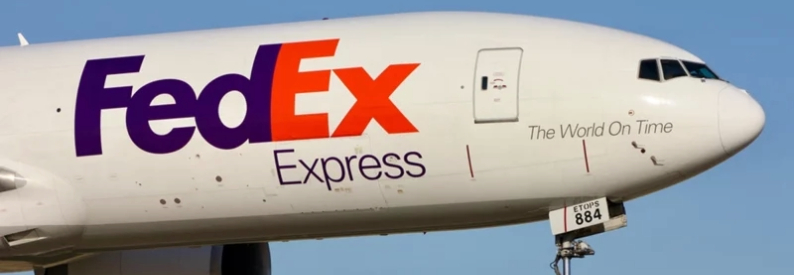FedEx Expands Fleet: New 777Fs, ATRs & Delays MD-11F Retirement

FedEx has announced a series of strategic fleet enhancements aimed at modernizing its cargo operations and improving overall fuel efficiency. In a recent financial filing, the US express freight giant confirmed that it has exercised options for an additional eight Boeing 777F freighter aircraft.
Under the terms of the agreement, FedEx expects to receive three of these 777Fs in 2026 and the remaining five in 2027. This move is part of the company’s ongoing efforts to upgrade its widebody fleet, as part of several aircraft modernization programs that also include the Boeing 767-300F. The additional 777Fs will significantly boost the carrier’s capacity, allowing FedEx to modernize and standardize its fleet while reaping the benefits of the fuel-efficient design offered by the new freighter.
At the same time, FedEx has revealed an order for ten additional ATR72 freighters. These regional aircraft are set to bolster FedEx’s short-haul operations and will begin deliveries between 2027 and 2029. The ATR72s are designed to be more efficient on regional routes and will help the company to streamline operations in markets where demand for smaller, nimble aircraft is growing. With these new orders, FedEx aims to maintain a diverse fleet that can efficiently serve both long-haul and regional freight needs.
In a notable decision to extend the service life of its older aircraft, FedEx has announced plans to postpone the retirement of its McDonnell Douglas MD-11 tri-jets by an additional four years, moving the planned retirement date to 2029. Although these tri-jets have been a reliable part of the FedEx fleet for many years, their aging technology has prompted the carrier to begin replacing them with newer models. However, given the current challenges in fleet modernization and the gradual replacement of older aircraft, FedEx is choosing to delay their retirement to ensure operational continuity while newer aircraft like the 777F and 767-300F are gradually integrated into its network.
The integration of more modern aircraft into FedEx’s fleet is expected to yield significant operational benefits. The new 777F freighters and 767-300Fs are designed to offer superior fuel efficiency per seat, which is a crucial factor in reducing operating costs and lowering the environmental impact of air cargo. As the industry faces increasing pressure to enhance sustainability, these aircraft will not only provide improved economics but also help FedEx to reduce its overall carbon footprint. With the anticipated arrival of future models such as the Airbus A350F and Boeing 777-8F, FedEx is positioning itself to capitalize on the latest advances in freighter technology.
According to ch-aviation data, FedEx’s fleet now includes 415 aircraft, with 34 in storage and an additional 39 on order. The company has a substantial commitment to the Boeing 767-300F, operating 134 units with an average fleet age of 5.9 years. With the new 777F options, the carrier is set to increase its fleet of this type to 66 aircraft, currently averaging 9.4 years in service. However, FedEx’s most pressing fleet challenge remains its aging Boeing 757F, of which 85 units are in service—22 of these are already parked. Replacing these older aircraft, potentially with models like the Airbus A321, is a critical task that the carrier will need to address sooner rather than later. This comprehensive strategy underscores FedEx’s commitment to both fleet modernization and operational efficiency in a rapidly evolving air cargo market.
Related News : https://suspicious-zhukovsky.67-21-117-18.plesk.page/?s=FedEx
